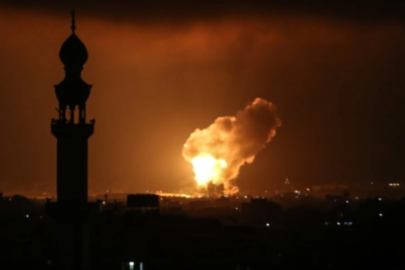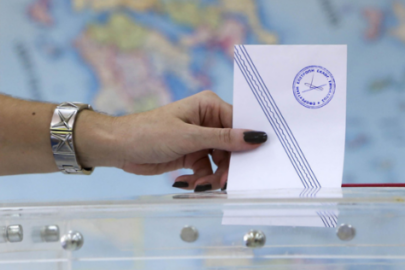It’s neck and neck in the Greek elections being held on Sunday with the differences between the two major parties being slight. Experts agree that if less than 5,850,000 of the 9.9 million Greek voters head to the ballots, then there would be a greater likelihood that conservative New Democracy leader Vangelis Meimarakis would come out a winner.
In the previous elections on January 25, 6,330,000 voters showed up (63.2% of total voters). Blank and null votes were at 150,000 (2.36% of the total). Votes were shared out between SYRIZA (36.34%) and ND (27.81%).
Right from the outset, it was clear that enthusiasm for the September 20 elections was low with even less voters exercising their civic duties.
What happens with abstinence?
There is dissatisfaction with the political system of Greece, particularly among young people. If the 36.38% of voters who abstained in January rises to 40%, then the general belief is that the conservative New Democracy party would win.
Analysts estimate that an electoral body with 400,000 less voters would mean that the 1,720,000 votes received by the conservative New Democracy party in January would bump up their portion of votes from 27.81% to 29.65%.
Furthermore, the split in SYRIZA has left it weakened. If poll predictions prove true and former SYRIZA Left Platform chief Panagiotis Lafazanis receives 4% of the vote with his Popular Unity party, then the loss for SYRIZA would be staggering.
Abstinence in Greek election history
Sept. 20 could set a new record






































